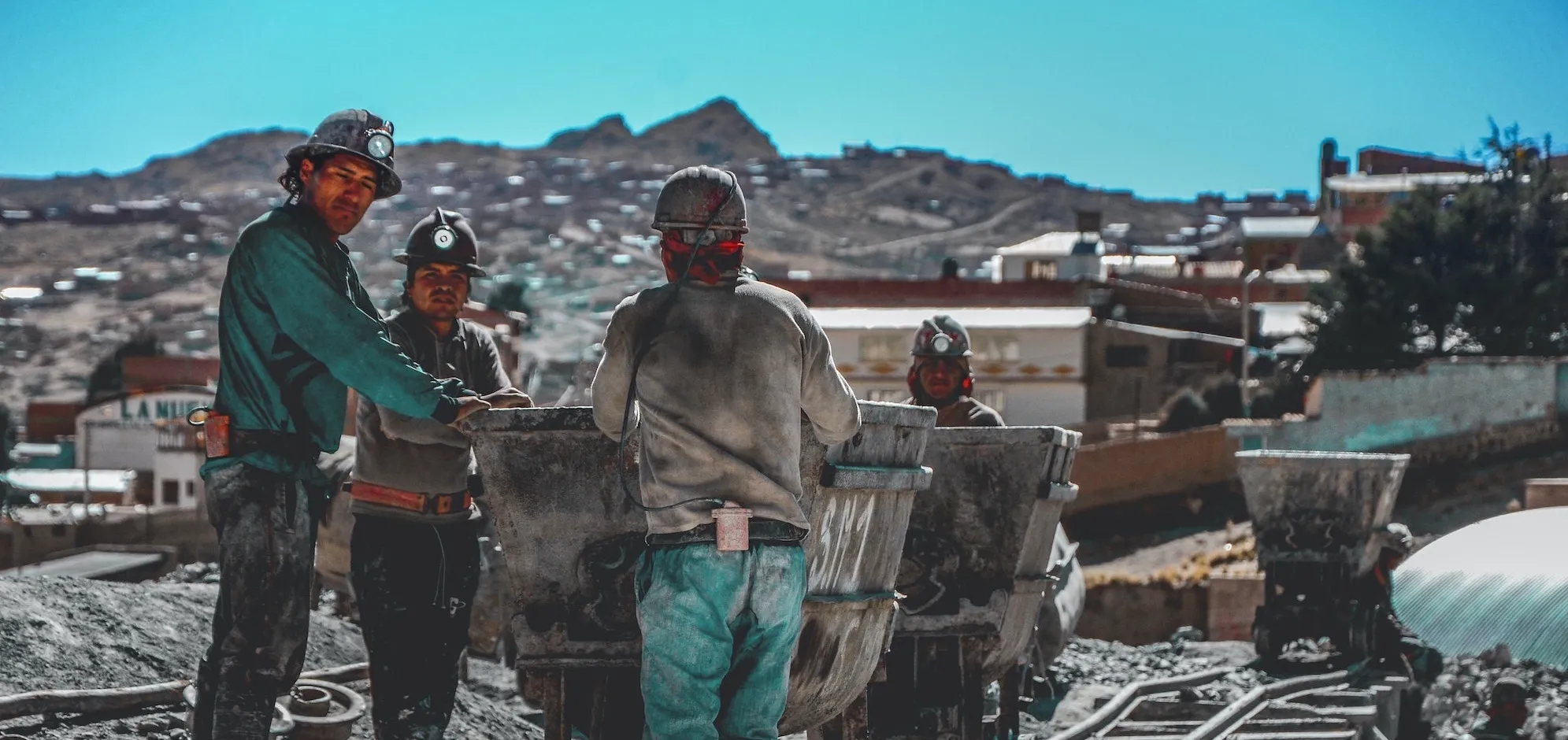A couple of months ago a video did the rounds of David Guetta,
who’d used AI to conjure up a realistic-sounding sample of Eminem. It
was interesting, but also pretty meh: it sounded like Eminem, sure, but
the lyrics were nonsensical and it all had a slightly uncanny feel about
it. It felt like the jobs of rappers were safe for now.
Then, a couple of weeks ago, hip-hop duo Alltta released the song
Savages, and everything changed. It illustrated how far things have
come in just a couple of months, but also how incredible human-AI
collaborations could be: it features lyrics by rapper Mr.
J Medeiros, delivered in the unmistakeable flow of Jay-Z, backed by
a genuinely good beat. It’s amazing and scary in equal measure.
Over at BuzzFeed News (RIP), Chris Stokel-Walker takes a tour through
some of the recent developments in AI-generated hip-hop, and delves into
the legal issues that are looming:
“While a consensus is forming that generative AI is potentially
troublesome, no one really knows whether hobbyist creators are on
shaky legal ground or not. pieawsome said he thinks of what he does as
the equivalent of modding a game or producing fanfiction based on
a popular book. ‘It’s our version of that,’ he said. ‘That may be
a good thing. It may be a bad thing. I don’t know. But it’s kind of an
inevitable thing that was going to happen.’”
#


